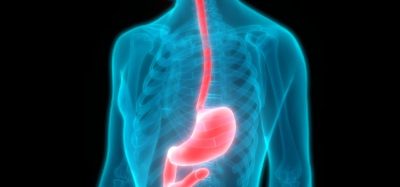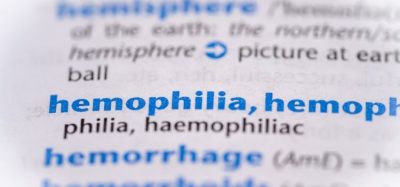Redhill initiates Phase II study of Bekinda in IBS-D
Posted: 12 April 2016 | | No comments yet
The randomised, double-blind Phase II clinical study is designed to evaluate the safety and efficacy of Bekinda 12 mg in patients suffering from IBS-D…


RedHill has initiated a Phase II clinical study evaluating the safety and efficacy of Bekinda 12 mg in patients with diarrhoea-predominant irritable bowel syndrome (IBS-D).


Bekinda is a proprietary, extended-release, once-daily oral pill formulation of the antiemetic drug ondansetron, targeting multiple gastrointestinal indications. 5-HT3 antagonists such as ondansetron, the active pharmaceutical ingredient in Bekinda, have been shown to slow intestinal transit time in humans. Alosetron (Lotronex), a 5-HT3 antagonist of the same class of drugs as ondansetron, the active ingredient in Bekinda, has been approved for the treatment of women with severe chronic IBS-D but is under a restricted prescribing (REMS) programme due to potential severe side effects. Ondansetron, approved by the US FDA as an oncology support antiemetic, has demonstrated activity in IBS-D in preliminary studies and, in light of its good safety profile, RedHill believes that Bekinda, if approved, has the potential to be a preferred once-daily treatment for a broad segment of patients suffering from IBS-D.
The randomised, double-blind, 2-arm parallel group Phase II clinical study is designed to evaluate the safety and efficacy of Bekinda 12 mg in patients suffering from IBS-D. Patients will be randomised 60:40 to receive either the therapy or a placebo, once daily, for a period of eight weeks. The primary endpoint for the study is the proportion of patients in each treatment group with response in stool consistency as compared to baseline, per FDA guidance definition. Secondary endpoints include the proportion of patients in each treatment group who are pain responders and the proportion of patients in each treatment group who are responders to the combined endpoints of stool consistency and pain, per FDA guidance definition.
Phase III GUARD study of Bekinda continues
Commenting on the initiation of the Phase II study, Gilead Raday, RedHill’s Chief Operating Officer, said: “We are excited to initiate this study of Bekinda for IBS-D, a debilitating disorder affecting millions of people worldwide with few approved therapies and a significant unmet medical need. This study follows publications demonstrating that ondansetron, the active ingredient in Bekinda, may be an effective and safe treatment for IBS-D. We also continue to advance the Phase III GUARD study of Bekinda for acute gastroenteritis and gastritis, currently ongoing in the US, with top-line results expected during the second half of this year.”
IBS is one of the most common GI disorders. The US potential market alone for IBS-D treatments is estimated to exceed $1.3 billion by 2020.









